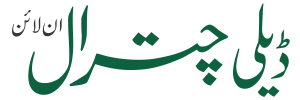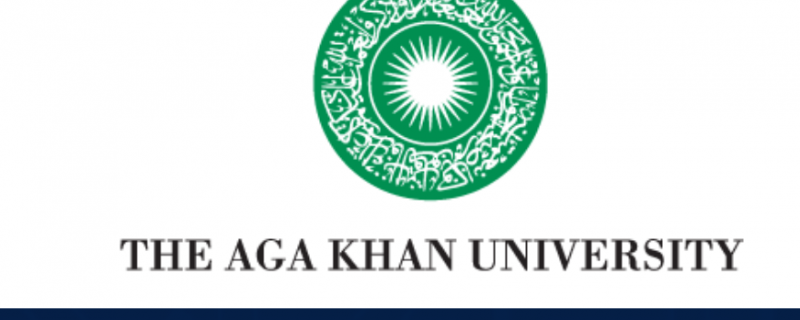The Aga Khan University (AKU)’s Institute for Educational Development (IED) conducted an online Policy Dialogue focused on teacher licensing, on November 18, 2021. The event was aimed at raising awareness, gathering evidence and making technical recommendations on the possibility of a teaching license serving as an instrument for enhanced teacher quality and subsequently, students’ learning.
One of the keynote speakers at the event, Dr Linda Darling-Hammond, professor of education emeritus at Stanford University, drew upon the history of the medical profession to highlight the long struggle that it underwent before crystallizing in its current state. She also felt that teacher education would have to undergo the same struggle. “Licensure will benefit teachers as well as teacher education institutions to improve quality”, remarked Dr Darling-Hammond.
“Teacher licensing is desirable in Pakistan to improve teaching standards, however we need to be mindful of the political economy of teaching licenses,” expressed Dr Irfan Muzaffar, Technical Director at Khyber Pakhtunkhwa Education Support Programme, and second keynote speaker at the dialogue. “The schools of education at universities need to make concerted effort to lead this effort.”
The dismal learning outcomes of Pakistani students as reflected through various assessments conducted by NEAS, ASER or TIMSS show how weak students’ learning standards are in Pakistan. Experts say that students will benefit more from better teachers who have undergone relevant, credible and professional training.
“A good teacher is like a good doctor,’ says Dr Sajid Ali, an Associate Professor and Director of research and publications at IED. “A bad doctor despite having access to a well-equipped clinic and medicines cannot treat a patient adequately. Similarly, a bad teacher despite having an excellent curriculum or assessment system cannot transform students into successful learners.”
Furthermore, the learning scores, and various research and anecdotal encounters suggest that Pakistani teachers need to work a lot harder to be considered true professionals compared to their counterparts in the fields of healthcare, engineering, law and several others.
Deliberations at the event recommended that the introduction of teaching licenses would contribute towards improving the teacher management system in the country while at the same time enhancing quality control for the government to maintain standards of teaching, and raising the professional status of teachers. The deliberations also emphasised that there are various technical, political and economic questions that need to be resolved as we move forward with licensing policy.
“Policy makers in Pakistan need to think about credentialising teachers for improving quality of education,” said AKU Provost, Dr Carl Amrhein at the event. The dialogue team aims to produce a White Paper from the proceedings which will be submitted for consideration of legislators for its adoption. The paper will also serve as a resource for a continuing dialogue amongst educationists, policy makers, educational managers, legislators, parents, schools, teachers and other stakeholders from across Pakistan. In the past various efforts have been made to introduce teacher license under the auspices of various education development projects. The efforts led by AKU-IED are distinctive as they are based on a systematic process which is being carried out a thorough situation analysis, global comparison and national consultations. The idea behind all this is to explore if it is a plausible way forward to improve teaching in Pakistan and if so, how to move about it. AKU-IED will continue to have a series of seminars to invite speakers from various countries globally to inform local effort

